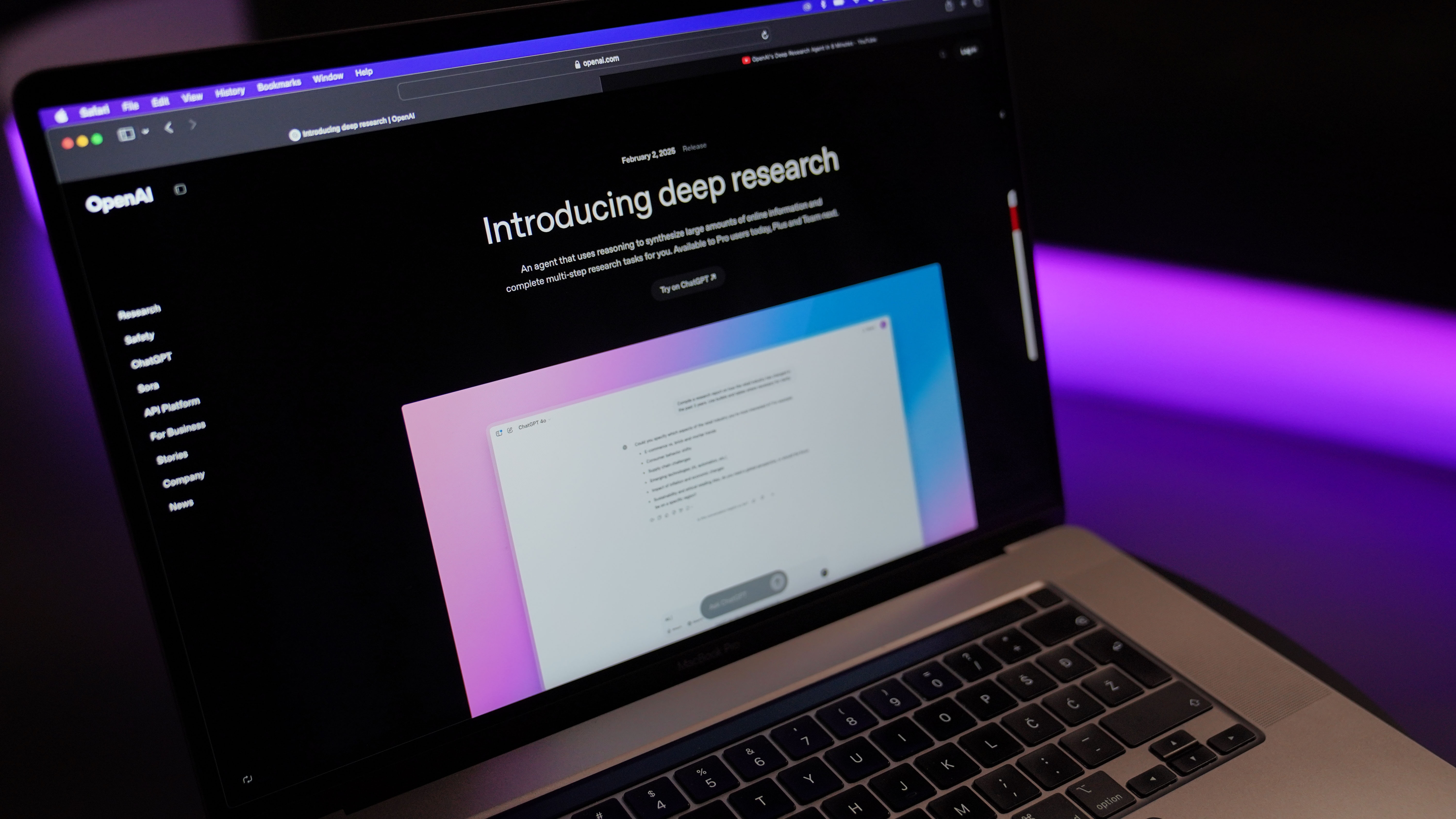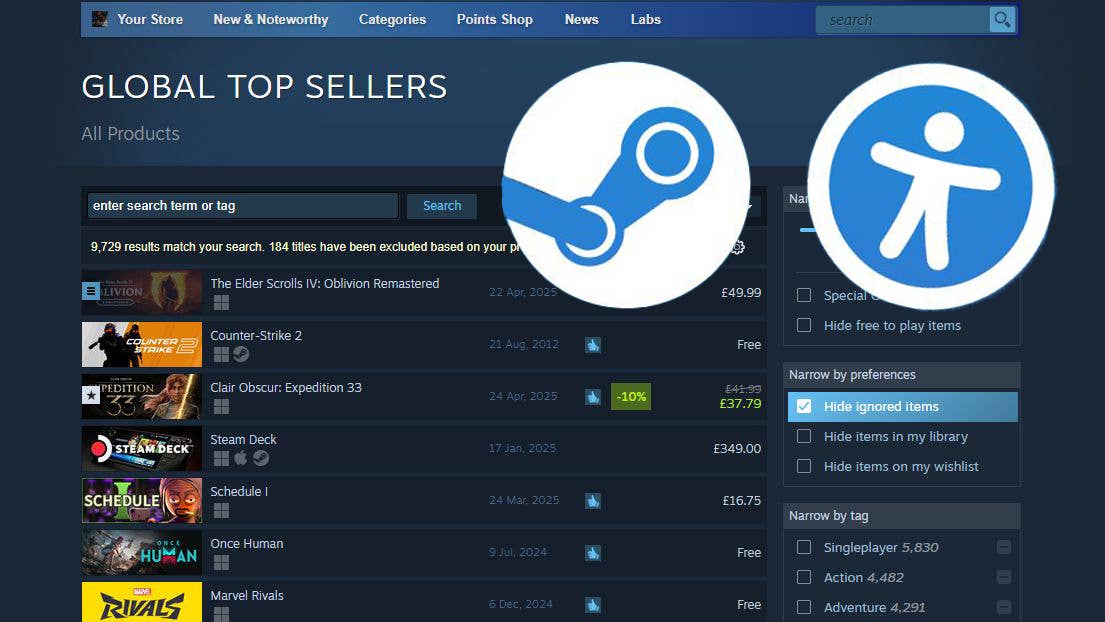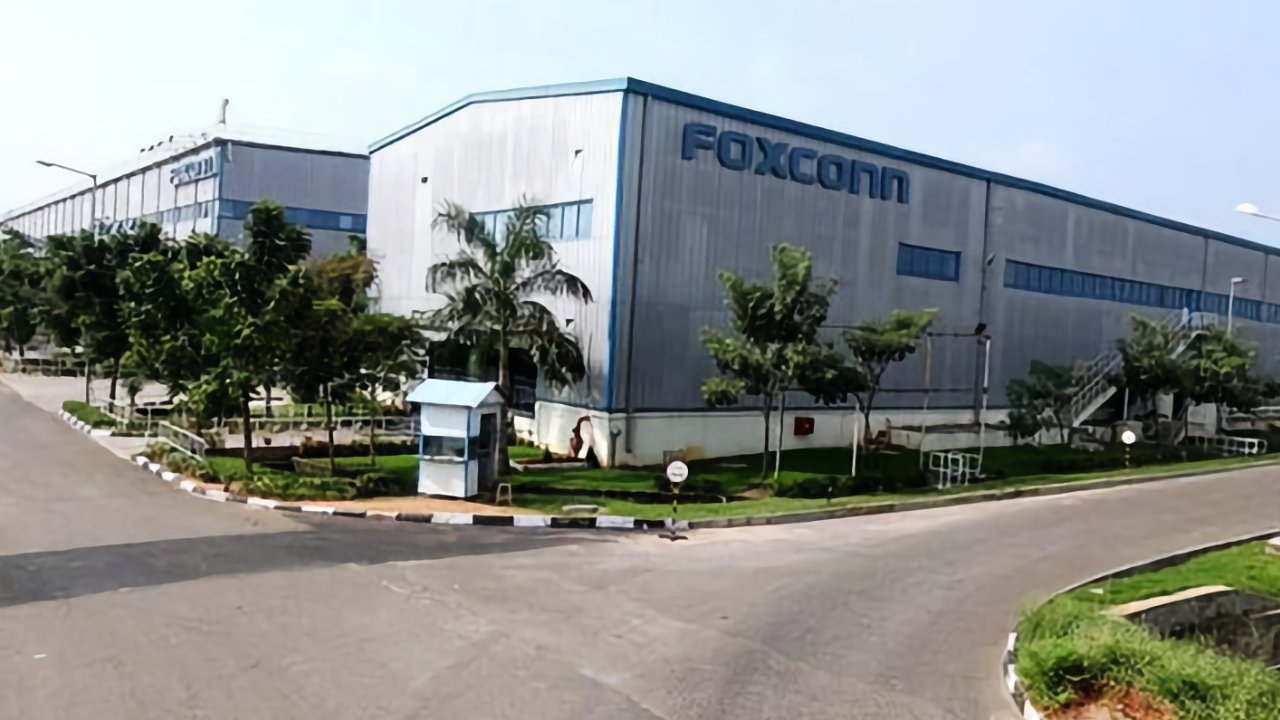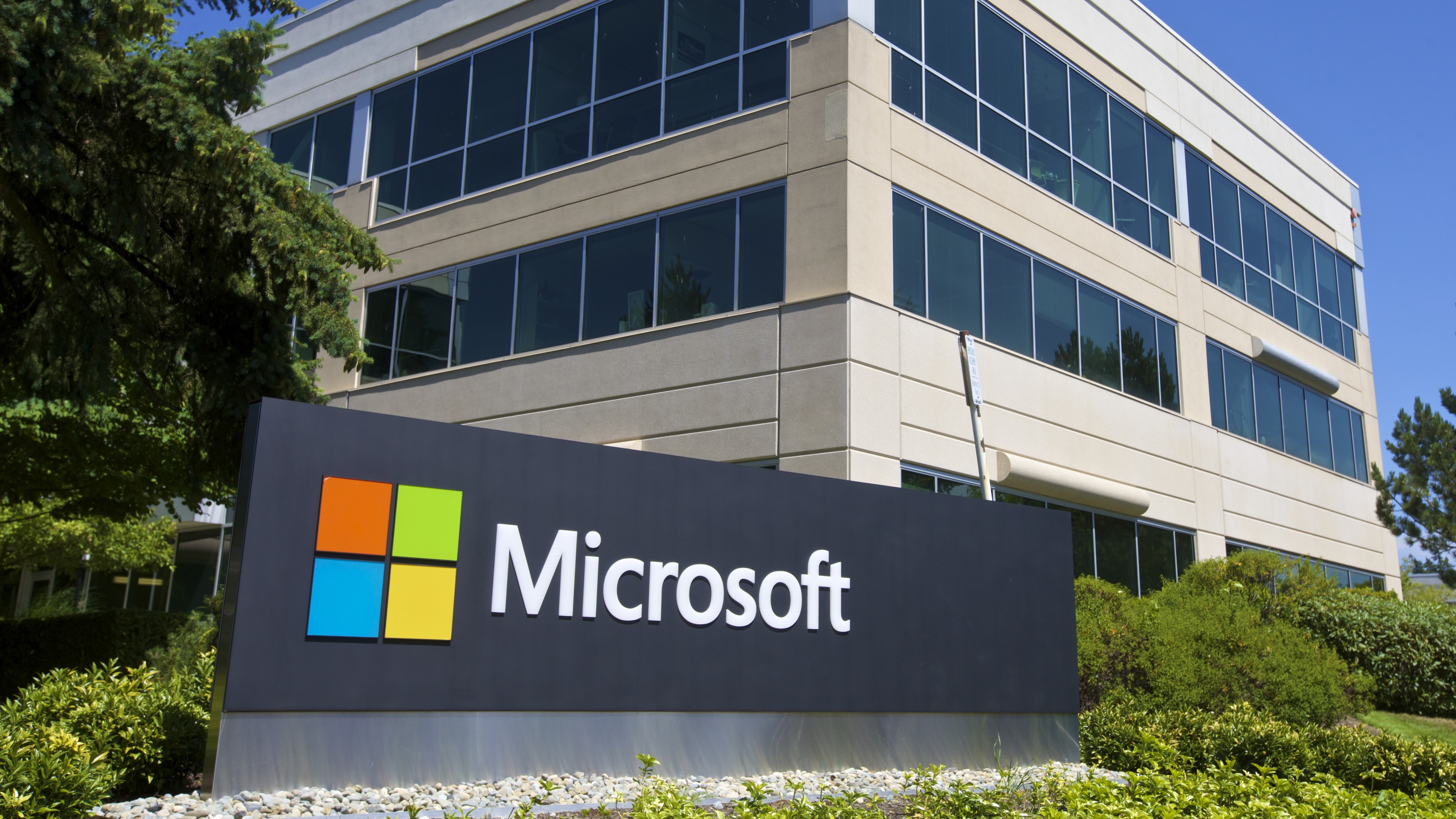From Startup to Scale-Up: Why a Dedicated Linux Server Is a Smart Investment
Launching a startup involves balancing performance, scalability, and cost-efficiency from day one. When it comes to hosting solutions, many businesses begin with shared hosting or cloud options to keep expenses low. However, as a startup grows and moves toward becoming a scale-up, the infrastructure that once worked can become a bottleneck. That’s where a dedicated Linux server steps in as a strategic investment. The Shift from Shared Resources to Full Control Startups often choose shared hosting because it’s easy to set up and comes at a low cost. However, shared environments restrict customization, throttle performance during traffic surges, and lack the privacy needed for serious data handling. A dedicated Linux server provides complete autonomy over server configurations, applications, and security protocols. It’s not just about performance—it’s about gaining control over every layer of your hosting environment. Linux, being open-source, offers unmatched flexibility. Unlike proprietary systems, you aren’t tied to restrictive licensing or locked into a specific vendor ecosystem. This gives startups the freedom to optimize their server setup based on their unique software stacks, performance goals, and development frameworks. Scalability Without Compromise As startups scale, user bases grow, product offerings evolve, and website traffic increases. All of these demand more bandwidth, processing power, and memory. A dedicated Linux server grows with your business, providing the scalability needed to handle expanding workloads. Instead of constantly upgrading shared plans or relying on variable cloud pricing, you have a predictable resource pool with dedicated hardware. This predictability is a major advantage—knowing exactly what your server can handle allows your tech team to plan and deploy applications more efficiently. Enhanced Security and Compliance Handling customer data responsibly is non-negotiable, especially in industries like fintech, health tech, or e-commerce. Shared servers are more vulnerable to breaches due to the number of users accessing the same environment. Even a misconfigured setting by another user can pose a risk. A dedicated Linux server offers isolation. You’re the only one on the machine, significantly lowering the risk of external intrusion. On top of that, Linux is known for its strong security protocols. With full root access, your team can install advanced firewalls, encryption tools, and monitoring software. This level of control is essential for meeting compliance standards like GDPR, HIPAA, or PCI-DSS. Cost-Effectiveness Over Time Initial costs for a dedicated server are higher than shared hosting. However, looking at the bigger picture, the long-term benefits far outweigh the upfront expense. You eliminate performance-related downtime, reduce security incidents, and cut the hidden costs of limited scalability. Linux, being license-free, further reduces the total cost of ownership. Most distributions are completely free, and many come with strong community or commercial support. You don’t need to purchase licenses for each user or worry about renewal fees that often come with proprietary operating systems. Developer-Friendly Environment One of the biggest strengths of a Linux-based server is how developer-friendly it is. From supporting all major programming languages (Python, PHP, Java, Ruby, etc.) to seamless integration with development tools like Git, Jenkins, Docker, and Kubernetes—Linux provides the perfect playground for agile teams. SSH access, command-line flexibility, and script automation offer deeper server management and fine-tuned configurations. For teams practicing continuous integration and delivery (CI/CD), Linux simplifies deployment pipelines, reduces build times, and increases reliability. Performance That Matches Your Ambition When you host your applications on a dedicated Linux server, you benefit from exclusive access to the server’s resources. This translates to faster load times, smoother database operations, and improved user experience. Unlike cloud instances that share underlying hardware or are affected by noisy neighbors, your Linux server works solely for your business. Performance becomes especially critical for applications involving real-time processing, large databases, or complex computations. A sluggish server not only frustrates users but can also impact SEO rankings, conversion rates, and your brand’s credibility. With a dedicated setup, you get the horsepower needed to keep your digital platforms responsive and reliable. Customization and Compatibility Whether you're using a specific tech stack like LAMP (Linux, Apache, MySQL, PHP) or deploying custom-built applications, a Linux server gives you the freedom to tailor the environment exactly as needed. This includes control over server kernel versions, configuration of daemons, and fine-tuning

Launching a startup involves balancing performance, scalability, and cost-efficiency from day one. When it comes to hosting solutions, many businesses begin with shared hosting or cloud options to keep expenses low. However, as a startup grows and moves toward becoming a scale-up, the infrastructure that once worked can become a bottleneck. That’s where a dedicated Linux server steps in as a strategic investment.
The Shift from Shared Resources to Full Control
Startups often choose shared hosting because it’s easy to set up and comes at a low cost. However, shared environments restrict customization, throttle performance during traffic surges, and lack the privacy needed for serious data handling. A dedicated Linux server provides complete autonomy over server configurations, applications, and security protocols. It’s not just about performance—it’s about gaining control over every layer of your hosting environment.
Linux, being open-source, offers unmatched flexibility. Unlike proprietary systems, you aren’t tied to restrictive licensing or locked into a specific vendor ecosystem. This gives startups the freedom to optimize their server setup based on their unique software stacks, performance goals, and development frameworks.
Scalability Without Compromise
As startups scale, user bases grow, product offerings evolve, and website traffic increases. All of these demand more bandwidth, processing power, and memory. A dedicated Linux server grows with your business, providing the scalability needed to handle expanding workloads.
Instead of constantly upgrading shared plans or relying on variable cloud pricing, you have a predictable resource pool with dedicated hardware. This predictability is a major advantage—knowing exactly what your server can handle allows your tech team to plan and deploy applications more efficiently.
Enhanced Security and Compliance
Handling customer data responsibly is non-negotiable, especially in industries like fintech, health tech, or e-commerce. Shared servers are more vulnerable to breaches due to the number of users accessing the same environment. Even a misconfigured setting by another user can pose a risk.
A dedicated Linux server offers isolation. You’re the only one on the machine, significantly lowering the risk of external intrusion. On top of that, Linux is known for its strong security protocols. With full root access, your team can install advanced firewalls, encryption tools, and monitoring software. This level of control is essential for meeting compliance standards like GDPR, HIPAA, or PCI-DSS.
Cost-Effectiveness Over Time
Initial costs for a dedicated server are higher than shared hosting. However, looking at the bigger picture, the long-term benefits far outweigh the upfront expense. You eliminate performance-related downtime, reduce security incidents, and cut the hidden costs of limited scalability.
Linux, being license-free, further reduces the total cost of ownership. Most distributions are completely free, and many come with strong community or commercial support. You don’t need to purchase licenses for each user or worry about renewal fees that often come with proprietary operating systems.
Developer-Friendly Environment
One of the biggest strengths of a Linux-based server is how developer-friendly it is. From supporting all major programming languages (Python, PHP, Java, Ruby, etc.) to seamless integration with development tools like Git, Jenkins, Docker, and Kubernetes—Linux provides the perfect playground for agile teams.
SSH access, command-line flexibility, and script automation offer deeper server management and fine-tuned configurations. For teams practicing continuous integration and delivery (CI/CD), Linux simplifies deployment pipelines, reduces build times, and increases reliability.
Performance That Matches Your Ambition
When you host your applications on a dedicated Linux server, you benefit from exclusive access to the server’s resources. This translates to faster load times, smoother database operations, and improved user experience. Unlike cloud instances that share underlying hardware or are affected by noisy neighbors, your Linux server works solely for your business.
Performance becomes especially critical for applications involving real-time processing, large databases, or complex computations. A sluggish server not only frustrates users but can also impact SEO rankings, conversion rates, and your brand’s credibility. With a dedicated setup, you get the horsepower needed to keep your digital platforms responsive and reliable.
Customization and Compatibility
Whether you're using a specific tech stack like LAMP (Linux, Apache, MySQL, PHP) or deploying custom-built applications, a Linux server gives you the freedom to tailor the environment exactly as needed. This includes control over server kernel versions, configuration of daemons, and fine-tuning software packages to match your workload.
Additionally, Linux servers are compatible with a wide range of databases (PostgreSQL, MongoDB, MariaDB), content management systems (WordPress, Joomla, Drupal), and frameworks (Django, Laravel, Node.js). You aren’t restricted to what's supported by the hosting provider. You define the tech environment—not the other way around.
Reliability You Can Trust
Stability is a defining trait of Linux. Unlike some operating systems that require frequent reboots after updates or experience sluggishness over time, Linux servers are known for their reliability and uptime. That’s why it’s used by enterprise giants, financial institutions, and cloud service providers globally.
For startups aiming to build trust and retain users, reliability matters. Downtime means missed opportunities, abandoned carts, or frustrated users. With a dedicated Linux server, your team can ensure maximum uptime and build a dependable foundation for all digital services.
Future-Proofing Your Infrastructure
Choosing the right infrastructure early on can either set you up for success or become a constant source of friction. A dedicated Linux server is not just a tool for growth—it’s a platform built for innovation. It supports containerization, microservices, and virtualization, helping you prepare for modern software development practices.
As your startup evolves into a scale-up, you’ll need an infrastructure that keeps up with feature rollouts, user base expansion, and performance optimization. A dedicated Linux server offers that future-ready foundation—stable, secure, scalable, and open to customization.
Final Thoughts
Transitioning from a basic hosting plan to a dedicated Linux server is a milestone for any tech-driven startup. It signals a commitment to performance, security, and long-term growth. While it may come with an upfront investment, the return in terms of control, flexibility, and scalability is well worth it.
If your startup is looking to scale efficiently without sacrificing performance or security, it’s time to consider moving to a dedicated environment. You don’t have to break the bank either—there are plenty of providers offering a cheap dedicated server that delivers enterprise-grade features at a startup-friendly cost. Choosing the right server today sets the foundation for tomorrow’s success





































































































































































![[The AI Show Episode 144]: ChatGPT’s New Memory, Shopify CEO’s Leaked “AI First” Memo, Google Cloud Next Releases, o3 and o4-mini Coming Soon & Llama 4’s Rocky Launch](https://www.marketingaiinstitute.com/hubfs/ep%20144%20cover.png)
























































































































































































.jpg?width=1920&height=1920&fit=bounds&quality=70&format=jpg&auto=webp#)





















































































_Olekcii_Mach_Alamy.jpg?width=1280&auto=webp&quality=80&disable=upscale#)

















































































































![Most iPhones Sold in the U.S. Will Be Made in India by 2026 [Report]](https://www.iclarified.com/images/news/97130/97130/97130-640.jpg)
![Apple to Shift Robotics Unit From AI Division to Hardware Engineering [Report]](https://www.iclarified.com/images/news/97128/97128/97128-640.jpg)

![Apple Shares New Ad for iPhone 16: 'Trust Issues' [Video]](https://www.iclarified.com/images/news/97125/97125/97125-640.jpg)





























































































































